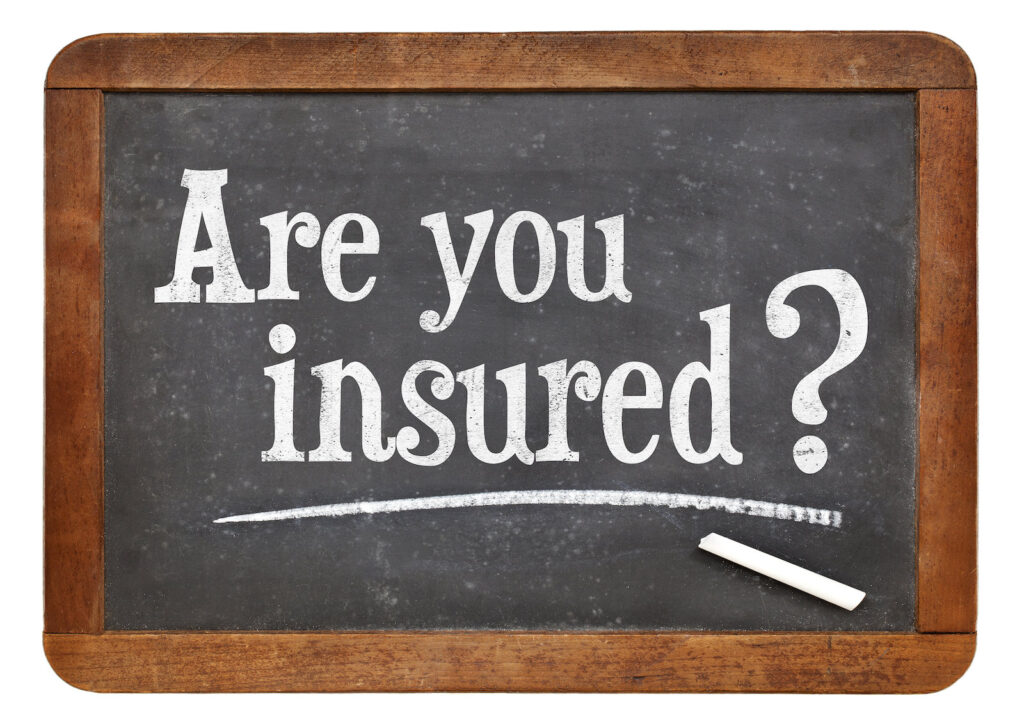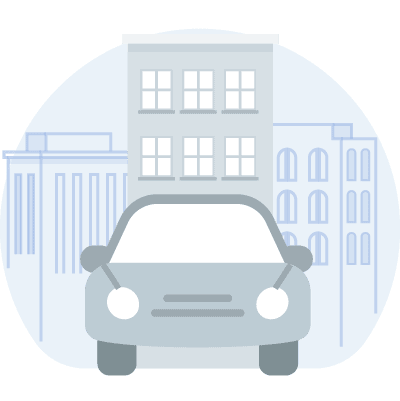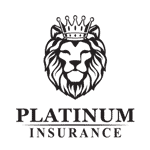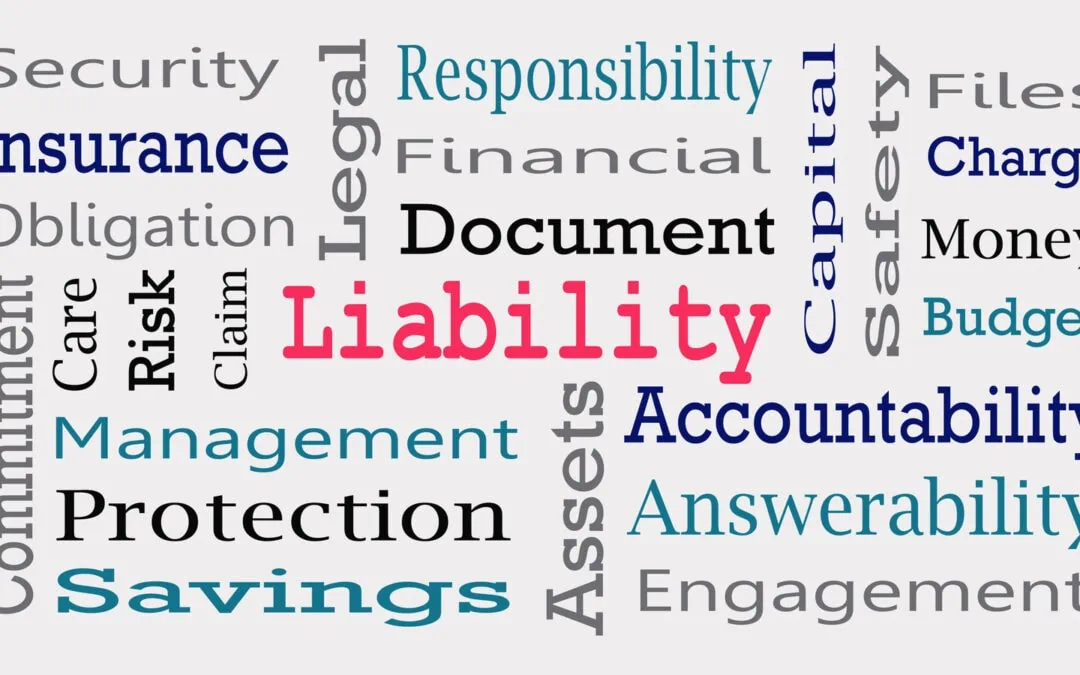What is liability insurance?
Liability insurance can offer protection in case you are held accountable for another person’s injury or for any damage caused to their property. Having this type of insurance is almost always required for drivers in most states. It can also cover the costs of medical and legal expenses.
Liability insurance is the perfect protection for individuals. It can help cover a range of costs in the event of certain events such as property damage, bodily injury, or wrongful death. Liability insurance can also be used to cover legal fees and settlements in the event of a lawsuit against you or your business. Liability insurance also provides coverage for any injuries to other people or damages to their property. This can include medical expenses and lost wages, as well as court costs, legal defense, and settlements if you are found liable for someone else’s injury or harm. Liability insurance is incredibly important for businesses, professionals, homeowners, and landlords, who could all face expensive and complex claims from others.
For example, business owners can be held liable if an employee or customer gets injured on the premises, or if a customer trips and falls due to a hazardous condition on the business property. Liability insurance can cover the cost of medical bills and legal fees, as well as any settlements that result from a lawsuit.
Liability insurance is the protection that covers a variety of costs in the event of certain events. It can help cover expenses like property damage, bodily injury, or wrongful death. Liability insurance can also be used to cover legal fees and settlements in the event of a lawsuit against you or your business.
The goal of liability insurance is to protect you against any losses related to your personal negligence or a mistake made by your business.
#1: Property Damage
If someone sues you or your company, they may request compensation for damages they sustained due to something that happened on your watch. Your liability policy may help cover these damages if it’s found that you acted negligently. For example, let’s say someone slips on your sidewalk and sustains an injury because there wasn’t enough warning tape put down to warn them about the slippery surface. This would likely be considered negligence on your part and you would be covered under this scenario with liability insurance.
#2: Bodily Injury
Injuries are always tricky when it comes to liability. If someone injures themselves while visiting your store, it could be considered negligent if you should have been aware of the potential hazard and taken steps to prevent it from happening again. As long as you had some kind of presence at the location where this injury took place – like an employee – then you should have some coverage for this situation with liability insurance.
Liability insurance also protects landlords, as they can be held accountable for any injuries or damages that occur on their property. This can include damage caused by tenants, pets, or guests. Liability insurance can provide protection in the event that a tenant sues you for a slip and fall injury or other damages.
Finally, liability insurance can also be used to protect homeowners. Homeowners can be held accountable for injuries that occur on their property, such as a person slipping and falling on their deck or stairs. Liability insurance can help provide protection and coverage to pay for medical bills and legal fees.

What does auto liability insurance cover?
Auto liability insurance covers any damage or injury you may cause to another person or property while operating your vehicle. It also covers any legal fees or court costs associated with a lawsuit brought against you in connection with a covered accident.
The three primary types of auto liability insurance are:
1. Bodily Injury Liability: Pays for medical bills, lost wages, and other expenses for people injured in an accident that you caused.
2. Property Damage Liability: Pays for damage to another vehicle or property, such as fences, buildings, or utility poles.
3. Uninsured Motorist Liability: Pays for medical bills, lost wages or other expenses if you’re injured or your vehicle is damaged by an uninsured or underinsured driver.
To learn more about other types of auto insurance refer to this link to The Top 10 Things You Should Know About Auto Insurance
Who needs to have liability insurance?
Anyone who owns a car, business, or rental property – to name just a few. Liability insurance is important for everyone and it can help protect you in the event of certain events. These events may include property damage, bodily injury, or wrongful death.
The best way to know your liability coverage needs is to talk with an agent. An agent will be able to walk you through any questions you may have and find the right policy for your individual needs. For example, if you plan on renting out your apartment soon you’ll need additional liability coverage that’s specific to renters. This type of policy will cover any damages incurred by tenants that are not covered by their own homeowner’s insurance.
What Is Covered By Liability Insurance?
Liability insurance is a type of insurance coverage that provides financial protection in the event that you are held legally liable for an incident that causes bodily harm or property damage. This insurance covers the costs associated with defending against a legal liability claim, such as attorney fees, court costs, and damages, up to the limits of the policy. Liability insurance can also cover the costs associated with settling a claim. It can include coverage for medical expenses, lost wages, pain and suffering, and legal fees. Depending on the type of policy, it may also provide coverage for libel and slander, contractual liabilities, and environmental liabilities.
Liability insurance comes in two forms: and property damage liability coverage. They break down like this:
- Bodily injury liability coverage (sometimes abbreviated as “BI”)
- Property damage liability coverage (sometimes abbreviated as “PD”)
The first step to buying liability insurance is to figure out how much coverage you need. There are three types of coverage that are available:
- Liability: This type of policy will cover any legal fees and settlements related to a lawsuit against your business or self. It also covers damages caused by your operations, such as property damage, bodily injury, and wrongful death.
- General Liability: This type of policy can be used for people renting their homes or cars. It can also be used for individuals who offer services like dog grooming or tutoring in their homes.
- Professional Liability: This is designed for all professionals, including doctors, lawyers, accountants, and consultants.
Once you have figured out the appropriate coverage level you need, it’s time to shop around! You should compare rates between different providers in order to see which company has the best deal. You should also make sure the provider offers a variety of options like deductibles and co-pays.
Knowing what’s covered can help you select the policy that is best for you.

Liability Insurance Coverage Limits
Liability insurance is an important tool to ensure that businesses, individuals, and organizations are financially protected against claims alleging injury, negligence, and other losses. Understanding the limits of coverage provided by liability insurance is essential to ensure that your organization is fully protected. Coverage limits can vary greatly depending on the specific needs and goals of the policyholder. Generally, liability insurance will cover the cost of legal fees, settlements, and judgments resulting from losses and damages caused by the policyholder. However, the limits of coverage may prevent the policyholder from being able to recover the full amount of money awarded during a settlement. It is important to understand the limits of coverage before purchasing a policy so you can ensure that the coverage meets your needs.
The amount your insurer will pay for a covered liability insurance claim depends on the coverage limits you choose. Each state sets minimum coverage limits for bodily injury and property damage liability that drivers must purchase, but you may decide to buy additional coverage. You may see three liability coverage limits on your car insurance policy: Bodily injury liability limit per person. Bodily injury liability limit per accident. Most insurers package bodily injury and property damage limits together. For example, your policy may look something like this: Your coverage limits depend on the packages your insurer offers. In other words, you may not be able to choose individual limits for bodily injury or property damage coverage.
How Much Does Liability Insurance Cost?
The amount you pay for liability insurance is based on a number of factors, including how much coverage you purchase. The higher your coverage limit, the more you’ll likely pay for liability insurance. Your insurer can tell you how much your coverage will cost if you adjust your limit.
Another consideration would be the estimated value of the assets in play. We would need to consider the potential costs associated with obtaining the correct valuation of these assets. An agent can help assess your needs and recommend the appropriate level of liability insurance coverages for your individual situation. Depending on the type of assets, it could be wise to also purchase additional protection above and beyond the standard liability insurance policies that are available.
With all of these things in mind, it is important to speak with an insurance agent to discuss the best coverage options for your individual situation. An agent can assess your needs and provide an accurate estimate on the cost of the insurance policies you should consider. They can also ensure that the policies you purchase are tailored to fit your specific situation and provide you with the peace of mind knowing that you and your assets are fully protected.
How Much Liability Insurance Should You Buy?
When deciding how much liability insurance to purchase, it is important to consider the value of your assets and the potential risks of a liability claim. Liability insurance covers the legal costs associated with defending and settling third-party claims, damages, and medical expenses due to injury or property damage. It is important to purchase enough liability insurance to adequately cover all of your assets in the event of a claim. It is also important to be aware of any limits imposed by your policy. Consider consulting a financial advisor or insurance agent to determine the best coverage for your specific needs.
It is also important to review your liability policy periodically to ensure that it is still adequate and up to date. This review should include a review of your coverage limits and any endorsements that may have been added since the policy was issued. Regularly reviewing your policy can help provide you with the peace of mind that you have the coverage you need should a liability claim be filed against you.
What does liability insurance not cover?
Liability coverage is not designed to cover repairs or damages to your own car caused by an accident. That’s where collision coverage comes in. It also does not include damage from other factors such as hail, for which comprehensive coverage is necessary. Furthermore, liability insurance does not cover your own medical costs if you are injured in an accident. If you need coverage for that, you should look into medical payments coverage or personal injury protection, depending on the state you live in. If you have questions regarding these types of coverage or your state’s requirements, be sure to speak with your insurer.
State minimum coverage is also not enough to cover the cost of repairs to your car after an accident. That’s where collision coverage comes in. Additionally, it does not cover damage caused by other external factors, such as hail–for this, you will need comprehensive coverage. Liability insurance does help cover the medical costs of another person if you are responsible for an accident, but not for your own injuries. To cover yourself in this situation, you should look into medical payments coverage or personal injury protection, depending on your state. If you have any questions about your personal liability insurance coverage or the auto policy requirements in your state, contact your insurer.
Click this link to learn about the The Mistakes You Need To Avoid when buying auto inurance.
Conclusion
Liability Insurance is a must for every business owner. It can protect you from lawsuits, which in turn protects your livelihood. Liability Insurance may seem complicated, but it’s not when you know the basics. This article covers the most important information you need to know to get the protection your business needs at a price that works with your budget.
Fortunately, there are a variety of options available when it comes to finding liability insurance. You can shop online, or speak to an insurance agent at Platinum Insurance, and even compare quotes from multiple companies at the same time as we have 22 different carriers to help you get the right insurance all in one place.

